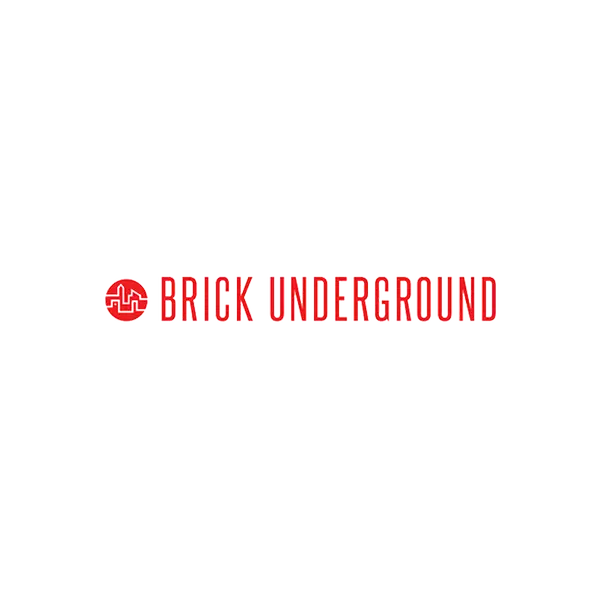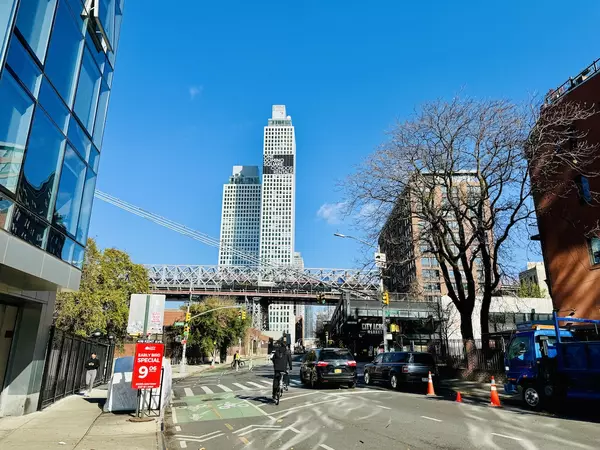Why Pre-approval Is a Crucial Step in the Home Buying Process
If you’re looking to buy a home, you’ll probably hear words like “pre-approval” or “pre-qualification” for a mortgage. Some real estate professionals use these terms interchangeably, but they mean different things.
In this article, we’ll explain the difference between a pre-approval and a pre-qualification, and why getting pre-approved for a mortgage is so important.
What Is Pre-approval?
A mortgage pre-approval is a process lenders use to assess whether you qualify for a home loan. It involves a thorough credit check and a preliminary review of your financial documents. This allows lenders to better calculate your debt-to-income ratio and get a clearer picture of your borrowing power. In turn, you’ll get a better idea of how much home you can afford.
What Is Pre-qualification?
In the pre-qualification process, lenders rely on self-reported information supplied to them by the applicant. In other words, lenders will ask you questions about your income, debts, and assets, but they won’t verify any of this information. They aim to provide you with a loan estimate that you may utilize as a starting point when looking for a home.
Why Is Pre-approval so Important?
Because a pre-approval entails a more in-depth review of your financial information, it’s a stronger indicator to sellers that you’re likely to secure a loan for the property you wish to buy.
This comes in handy in competitive scenarios where multiple buyers are vying for the same property. In these cases, having a pre-approval letter from a lender removes a lot of the risk for sellers and gives you an edge over buyers who may have been pre-qualified but not pre-approved.
As a result, sellers may prefer to work with you — the pre-approved buyer — because you’re more likely to close on the home.
Plus, when you get pre-approved for a mortgage, you have certainty that the amount you’ve been approved for is within your means to spend. This can help you budget for future expenses and make a more confident offer on a home.
What Do I Need To Get Pre-Approved?
Depending on your employment status, lenders may request different financial documents. But typically, they’ll ask for:
- Your most recent pay stubs
- Your last two months of bank statements
- Your most recent W-2 statement(s)
- Your last two years of tax returns and/or 1099s (if you’re self-employed)
Some lenders may consider additional sources of income, such as any investment accounts or rental earnings you have. Work with them to make sure you have all the necessary documents for a pre-approval.
Is a Pre-approval Letter the Same as Being Approved for a Loan?
Although a pre-approval letter is evidence of the lender’s confidence in your ability to handle a mortgage, it’s important to remember that you’re not fully approved for the loan until all of your financial information has been verified by the lender.
In some cases, the lender will work with a team of underwriters who may re-examine your financial documents closer to your closing date. If they catch a discrepancy in the paperwork (e.g., your employment status has changed since you first applied for the loan), they might verify your information directly with your employer or accountant.
Knowing what to expect can help you ensure that everything checks out on your end and get you one step closer to buying your dream home.
The Bottom Line
Getting pre-approved for a mortgage is the way to go when you’re ready to buy a home. It shows sellers that you mean business and have the financial capability to obtain a loan for their property. Plus, it gives you an accurate idea of how much home you can afford so that you can budget accordingly.
At Elegran, our team of experienced real estate professionals can help you navigate the home buying process from start to finish. Reach out to an advisor today for more information.
If you’re considering selling or buying, we’re here to help, contact us today!
Recent Posts












